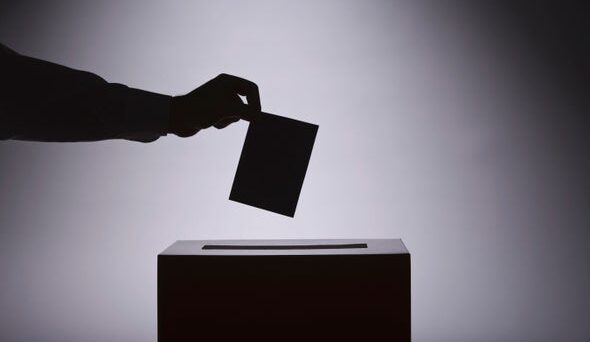A study released today indicates that 89,6% of young people have already voted in elections, but that percentage is significantly reduced in terms of party or union militancy, with only 17,5% affiliated with parties and 2,4% with unions .
This study, entitled “Youth political participation in Portugal: Results of an online survey and discussion groups with young people”, was developed by researchers from the Catholic University of Porto for the National Youth Council (CNJ).
According to the study, out of a total of 931 young people surveyed, 89,6% declared that they had already voted “at some point in their lives”.
Speaking to the Lusa agency, the president of the CNJ, Rui Oliveira, considered that this data allows “to remove the perception that young people are disconnected and do not participate in political life”.
"This figure, nine out of ten, demonstrates that, in this specific issue of voting (...), they continue to vote and participate", he said.
According to the study, within the universe of young people who have already voted, 81,8% went to the polls in the context of legislative elections, 79,1% in municipal elections, 76,6% in presidential elections and only 45,6% in European elections.
To Lusa, researchers from the Catholic University Raquel Matos and Mónica Soares – respectively, coordinator and one of the authors of the study – indicated that, for young people, “the greater the perception that the election will have an impact on their life and on their community, more likely to go to the polls.”
Despite not having asked the young people who they voted for, the two researchers highlighted, however, that, in terms of political positioning, 46% say they align themselves to the left, 33,6% to the center and 20,4% to the right.
The researchers mentioned that this political position does not have an impact in terms of going to the polls, but rather “in other forms of political participation, namely in parties and participation in campaigns”.
“Young people who position themselves politically on the right are the ones who most refer to belonging to parties and participating in campaigns. In this group, 29% of young people belong to parties, while in the group that aligns to the left, this percentage drops to 15,5%”, they explained.
Despite these differences depending on political positioning, the study highlights, however, a common trend: the withdrawal of young people from both party and union militancy.
According to the study, 34,7% of young people participate in associations, but this percentage drops to 22,7% with regard to electoral campaigns, 17,5% for political parties and 2,4% for trade unions.
For the president of the CNJ, this lack of militancy is explained by the fact that young people “don't like the bureaucratic and time-consuming part” of that type of entity, which adds, according to Raquel Matos and Mónica Soares, an “evident lack of training of young people on the functioning of parties and unions”.
“As a result, it is not uncommon to see these structures as outdated and have misconceptions about what they are for and how they operate. This could also contribute to a contemporary distancing of young people from political parties and trade unions”, said the researchers.
The president of the CNJ considered that these indicators on militancy in parties or unions show precisely that young people want the way they participate in political life “to be really different”.
On the other hand, Rui Oliveira also addressed the results of the study that indicate that social networks have already become “the most used means of communication by young people” for political participation, surpassing television, stressing that it is a “clear change” regarding past behavior.
“I don't think we made this adaptation to many of these behaviors that young people have today, and this, for me, is one of the main reflections that we have to do quickly so as not to alienate young people”, he underlined.
In view of this finding, Rui Oliveira stressed that the CNJ will meet with its member organisations, to which the JS, JSD or JCP belongs, but also the UGT Youth Commission or Interjovem/CGTP-IN, to analyze the study.
“We are going to meet, present the data and reflect with them and with the set of organizations that are not directly in the area to present solutions, paths, to take a position and think about these issues”, he underlined.
The study was based on an 'online' survey involving 931 young people aged 18 to 30 and carried out between February 23 and May 31, 2022.



















Comments